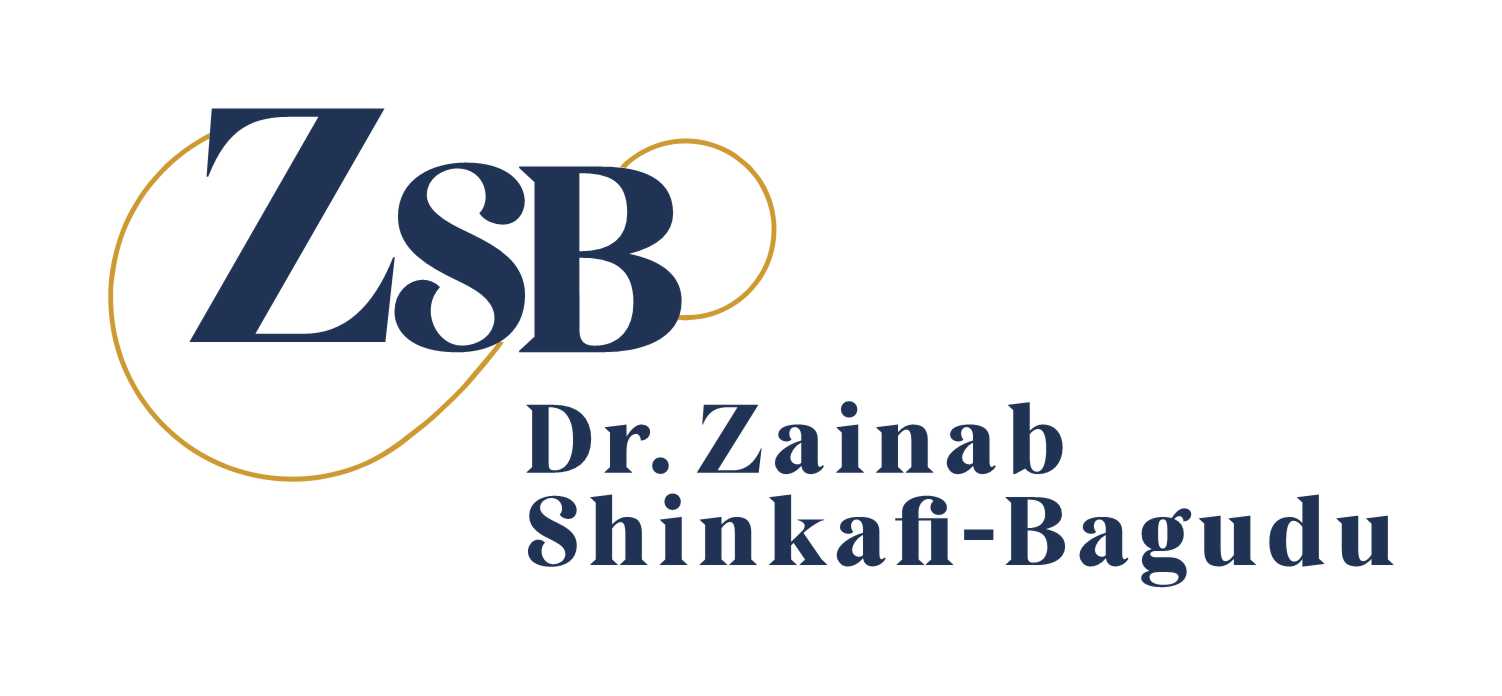“The greatest glory in living lies not in never falling, but in rising every time” – Nelson Mandela
Her Excellency Dr. Zainab Shinkafi Bagudu, First Lady of Nigeria’s Kebbi state, is a Pediatrician and Champion in the fight against cancer in Nigeria and beyond. She has contributed to improving cancer care in Nigeria, by making diagnostic equipment easily accessible and affordable through Medicaid radiodiagnostics. She is the CEO of Medicaid Radiodiagnostics and Medicaid Cancer Foundation.
The Medicaid Cancer Foundation (MCF) has contributed to spreading awareness on cancer and cancer advocacy through many initiatives such as community outreach programmes, school advocacy, authoring a book on the ABC’s of cancer to educate the younger generation and hosting the biggest cancer walk in Nigeria annually. MCF also runs a “PACE” programme which supports cancer patients with access to free screenings, treatment support and patient navigation. MCF has significantly contributed to the National Cancer control plan, Kebbi state cancer registry strategic plan for cancer and Cancer health funds at both National and State levels. Dr. Zainab is well known for her extensive philanthropy work across a range of causes. On the global scale, she serves as a board member for the Union of International cancer control (UICC) and is currently running for President elect of UICC.
On Relationships that Influenced My Career
I’ve been fortunate to have relationships that have guided my decision-making process, all of which I am grateful for. In school, I was heading for a career in mathematics, accounting or economics. However, my uncle who took me to register for my pre degree course colluded with the then Vice Chancellor and opined that due to the lack of female doctors in Northern Nigeria, and considering I had achieved the entry requirements for a degree in Medicine, I should change my entry.
7 years down the line whilst in my first Paediatric rotation, I met a registrar who would turn out to be my second inspiration. He questioned me relentlessly. At the time, I felt picked on. Even when I gave the right answers, he wanted more. So I looked for more. I put in extra hours ensuring I knew each patient on the ward at all times and details of their diseases. Although I was doing it to avoid being embarrassed on rounds, it made me understand and love Paediatrics as a speciality and made my choice easier. By seemingly picking on the shy girl at the back, my registrar helped me break barriers, excel and make a vital career choice.
Additionally, I’ve been able to be a part of various professional networks and communities that have helped me expand my knowledge and skills. These groups have provided opportunities to connect with like-minded individuals, share ideas and resources, and learn from industry experts.
Finally, I believe that learning from clients, patients, and survivors has been instrumental in my career development. Their feedback and insights have challenged me to think outof the box and adapt to new situations, and as a result, improve my work.
On Challenges and Overcoming Them
As a medical doctor who has set up a diagnostic facility in Nigeria, I have encountered several hurdles along the way.
- Nigeria has a shortage of skilled healthcare professionals, particularly in specialized fields such as radiology, oncology and pathology. Professional flight to greener pastures (high income countries) makes it difficult to retain qualified staff, which in turn can impact the quality of services we offer.
- Obtaining the necessary licenses and permits can be time-consuming and expensive, and failure to comply with regulations can result in fines or even closure of the centre.
- The healthcare sector in Nigeria is becoming increasingly competitive, with new entrants constantly emerging. This means that my team and I must work hard to differentiate ourselves and attract patients, which can be challenging in a market that is already crowded.
- Multinationals and manufacturers generally do not extend credit lines, worthwhile finance packages and offers for long/short term equipment lease to LMICs in Africa. Poor national credit histories and political instability mean that those of us running businesses that would benefit from such have to buy outright using high interest rates.
- Many people in Nigeria believe that cancer is a death sentence and are unaware of the available treatment options. The level of knowledge is still very poor. In my community it’s called “Ciwon Daji”- disease of the forest. Indicating a condition that belongs isolated, away from human contact and ostracized. Many are reluctant to talk about cancer or seek medical help due to the fear of being ostracized by their communities.
My role as First Lady in Kebbi states gives me access to people in very rural and hard to reach areas. Despite these challenges, I remain committed to raising awareness about cancer, providing support to cancer patients and survivors, and advocating for better cancer care in Nigeria and beyond.
On Balancing Career and Other Life Responsibilities
In the span of 4 decades, from studying and practicing medicine to setting up a multi diagnostic centre alongside a cancer non-profit organisation. It’s been a challenging but extremely fulfilling journey. As the years pass, professional and personal responsibilities both grow — sometimes too quickly to manage. Maintaining a strong and well-informed team at work is critical for optimal productivity. Being successful means reaching the goals you set in all aspects of life, from signing on high-net worth clients to attending open days in your Children’s school. Getting it right is a process that requires some trial and error. It’s important to be patient with yourself and to keep experimenting until you find what works best for you.
My Words of Wisdom for the Next Generation of Female Leaders
Take care of your physical, mental and spiritual health:
Regular exercise was not a part of my life till I was 50. The impact on my output has been amazing and I regret not starting earlier. I have strong bonds with my family and childhood friends and the support they provide is irreplaceable. Build your professional network. By engaging colleagues, mentors, and others in your field. Attend conferences and events, join professional organizations, and try to follow up on contacts. Don’t be afraid to take risks and try new things. Be open to new opportunities and challenges, and always be willing to learn and grow. It’s also important never to feel too proud to seek professional help. There will be testing times.

